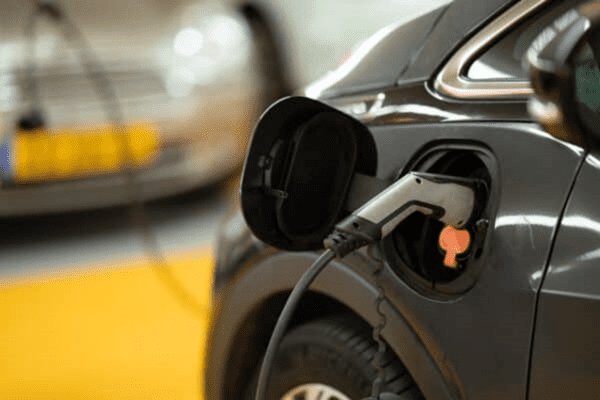No products in the cart.
EV Charger
How Long Does it takes to Charge an EV at a Charging Station?
Probably the only roadblock that lets people still choose gas-powered vehicles is the time it takes to fully charge an Electric Vehicle (EV). While drivers who already have EVs don’t mind the charging time, it is still an issue to convince people to change their driving and fueling routines. Frankly, the time taken to charge an EV depends upon various factors such as the power source, battery capacity, battery size, etc. Every single piece of equipment related to EV charging impacts how long it will take to charge that vehicle. With the technology evolving every day, there are smarter and faster charging system coming into the picture that enables customizing when and for how long the vehicle charges. Let’s dive deeper into the factors affecting the time taken to charge an EV at a charging station.
- Charging Station:
Depending on the power source charging the EV, it could take mere minutes or even days to fully charge an EV battery. EV charging stations are generally categorized as level 2 or level 3 charging stations. However, although slowly, even a simple outlet at your home (also sometimes called a level 1 charger) can charge your EV. You can expect your home outlet to charge an average EV with ~60kWh battery in around 20 hours.
Level 2 chargers are the general charge that is used by the public, which is also sometimes given to the vehicle. They decrease the time taken to charge an EV significantly. Most level 2 chargers can deliver 40 – 100 km of range per hour, which means that most EVs can be fully charged overnight or during a typical day at work. This is a great charging option to have at work or home for your EV.
Level 3 chargers are where the speed is really pumped up. You will find most level 3 EV chargers at public charging stations and not for residential or individual use, as they tend to be large and more expensive than level 2 chargers. Level 3 EV chargers use DC power and can even charge an empty battery to 80% in as little as 30 minutes. They are already designed for fast charging, so the future for extremely short charging times looks bright.
- Battery Capacity:
Not all EV batteries are created equally, and there is quite a disparity between mid-level and high-level EVs. Some lower-level EVs have enough range for most people’s daily needs, while other luxury or high-end EVs boasts a range that exceeds many traditional gas-powered vehicles. But, in a general sense, the larger the battery, the longer it will take to charge it.
- Other Factors:
There are many variable factors that affect how long to charge an EV at a charging station such as temperature, time of the day, desired charge capacity, etc. Extreme temperatures (very low or very high) can slow the charging time. Depending upon the time of the day, if there are multiple users connected to the same grid, it might take longer for your EV to charge. Many EV manufacturers recommend keeping the battery in an optimal range to maximize its life. This means that always charging the battery to maximum is not always desired or necessary. This factor could shorten the charging time if a certain range is not needed.
Get the Best and Fast EV Charging Stations:
So, now that you know how various factors affect the charging time of an EV, you can browse through our website to get a charging station that is perfect for you. We have wallbox chargers, DC chargers, post chargers, EV charging cables and adapters, EV station management solutions, and much more that are compatible with our proprietary CHRG Network station management system.

 Deutsch
Deutsch Dansk
Dansk Suomi
Suomi Latviešu
Latviešu Lietuvių
Lietuvių Norsk bokmål
Norsk bokmål polski
polski Русский
Русский Svenska
Svenska
